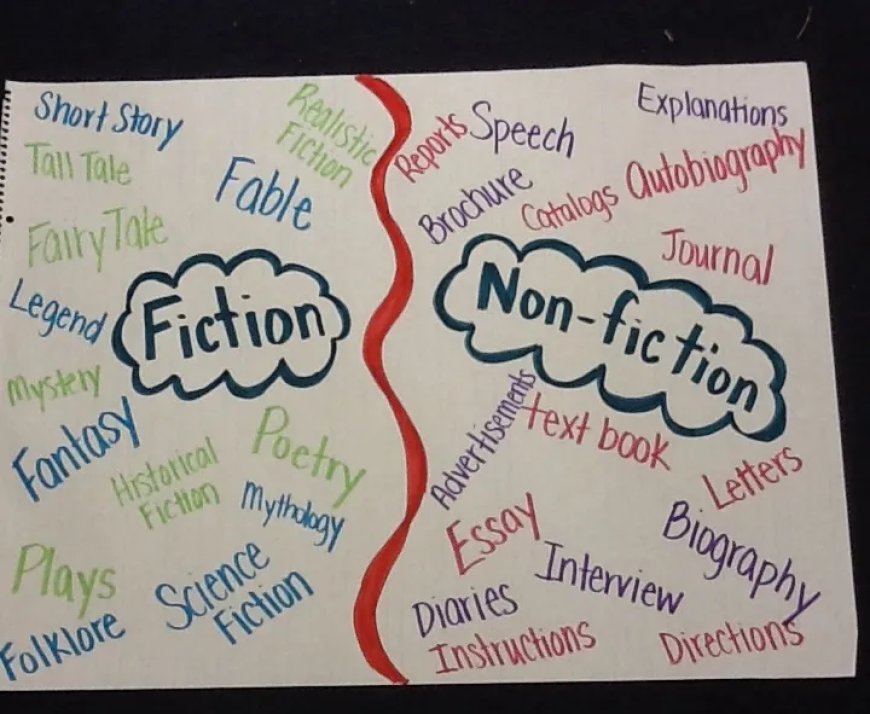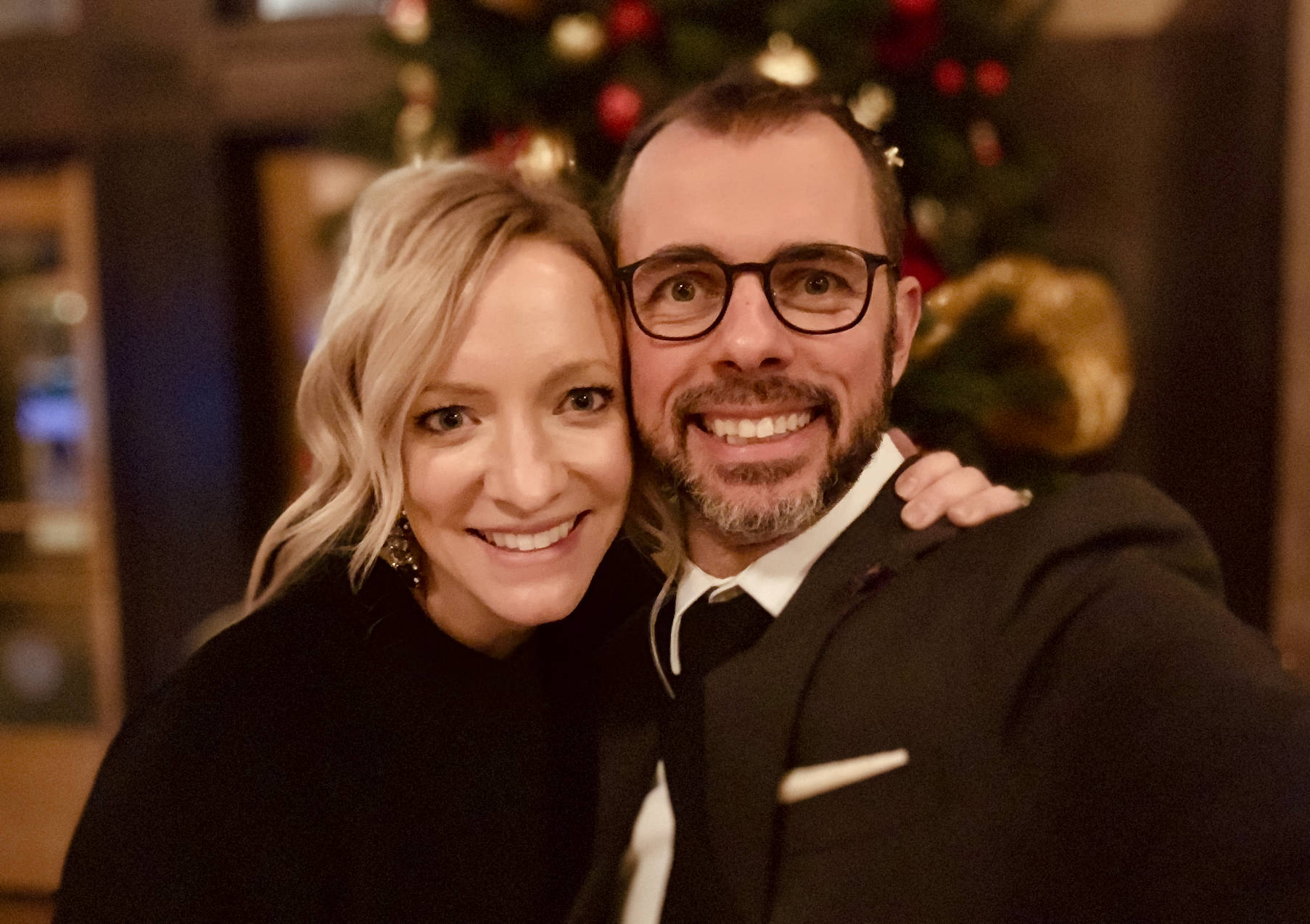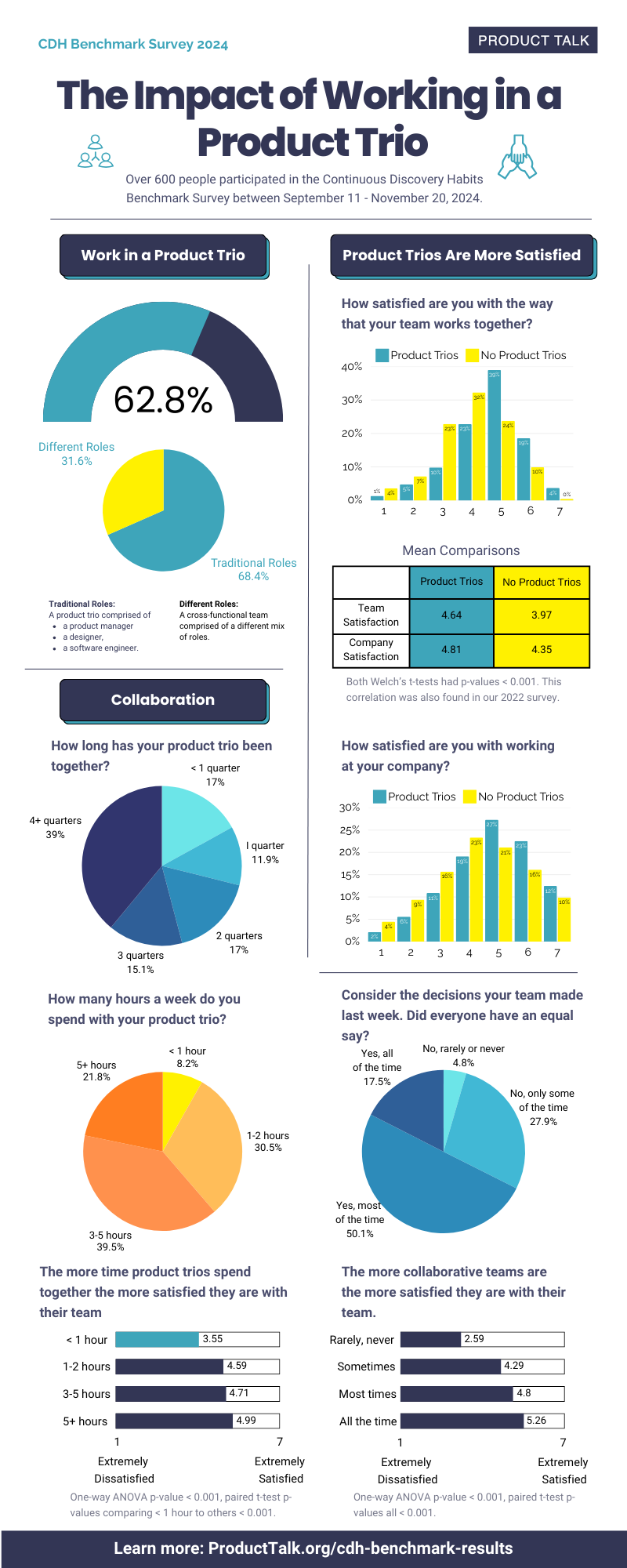What Is Fiction and Non Fiction? And Why Both Matter in Literature
Discover what is fiction and non fiction, how they differ, and why both are vital in literature. Understand with easy examples and relatable insights.

Introduction
Ever picked up a book and wondered, “Did this actually happen?” That simple question draws the line between fiction and non-fiction. These two pillars of literature offer us completely different journeys—one through imagination, the other through reality. But both have something powerful to give us. Whether you’re into magical worlds or real-life inspiration, understanding the difference between fiction and non-fiction can help you read smarter—and even live better.
What Is Fiction and Non Fiction?
Let’s break it down simply:
-
Fiction is made-up. It’s imaginary, created from the author’s mind. It may feel real—but it didn’t actually happen.
-
Non Fiction is based on facts. It’s about real events, real people, and real information.
Think of fiction as a dream you can share and non fiction as a mirror to reality.
Understanding Fiction
Fiction is storytelling at its finest. It includes novels, short stories, dramas, and fantasies. The characters, settings, and plots are invented—even if they’re inspired by real life.
Fiction is like a playground for the mind. Authors use it to explore "what if" scenarios, dig deep into human emotions, or build entire worlds from scratch.
Common Fiction Genres:
-
Fantasy – Magic, mythical creatures, otherworldly adventures
-
Science Fiction – Futuristic tech, space, and time travel
-
Romance – Love stories, happy (or heartbreaking) endings
-
Mystery – Whodunits, crime solving
-
Historical Fiction – Stories set in real historical times but with fictional characters
Understanding Non Fiction
Non fiction is the real deal. It’s about what really happened, who did what, and how things work. Whether it’s a biography, a documentary-style account, or a self-help book, it’s rooted in facts.
It’s the kind of content where the author becomes a guide, helping the reader understand the world better.
Common Non Fiction Types:
-
Biographies & Memoirs – True stories about real people
-
Essays – Personal insights or arguments on real issues
-
History – Accounts of past events
-
Science & Nature – Books explaining how things work
-
Self-help – Guides to improving your life
Ever cried at the end of a novel or felt like a character was your best friend? That’s the magic of fiction.
Fiction builds empathy. It lets us see the world through someone else’s eyes. It can also be a powerful escape from the stresses of everyday life.
And fiction doesn’t mean “fake.” It’s often full of emotional truths. A made-up story can still reveal something very real about the human experience.
Why Non Fiction Matters
Non fiction grounds us. It connects us with the world as it is—or was. Reading a powerful memoir or a revealing piece of journalism can open our eyes to injustice, inspire action, or simply make us smarter.
It’s also essential for learning. Most of our education is rooted in non-fiction: textbooks, essays, and research.
Popular Examples of Fiction
Here are a few books that define the power of fiction:
-
To Kill a Mockingbird by Harper Lee – Tackles racism through the eyes of a child.
-
1984 by George Orwell – A chilling view of a dystopian future.
-
Harry Potter by J.K. Rowling – A magical world with themes of love, loss, and bravery.
These stories aren't real—but they’ve shaped millions of lives.
Popular Examples of Non Fiction
And now for the real stuff:
-
Educated by Tara Westover – A memoir of self-discovery and resilience.
-
Sapiens by Yuval Noah Harari – A bold look at human history.
-
The Diary of Anne Frank – A firsthand account of life during the Holocaust.
These books stick with us because they're rooted in reality.
How to Choose Between Fiction and Non Fiction
Feeling stuck in the bookstore? Ask yourself:
-
Do I want to learn or escape?
-
Do I crave facts or feelings?
-
Am I looking for entertainment or understanding?
It’s not about which is “better.” It’s about what you need at the moment. Some days call for dragons, others for documentaries.
What Authors Aim to Do in Fiction
Fiction writers are artists. They create:
-
Characters that feel real
-
Plots that keep us hooked
-
Themes that make us think
Their goal? To emotionally engage us and take us somewhere new.
What Authors Aim to Do in Non Fiction
Non fiction writers are guides. They:
-
Tell the truth
-
Explain the world
-
Share their expertise or experiences
Their job is to inform, persuade, or document reality with clarity and integrity.
Can a Book Be Both Fiction and Non Fiction?
Yes! This is where things get interesting.
Books like autofiction (fiction based on the author’s real life) and creative nonfiction (true stories told using fiction-style writing) blur the lines.
Think of it like a smoothie: part banana (truth), part strawberry (imagination)—blended into something new.
How Fiction and Non Fiction Shape Society
Both genres shape how we see the world.
-
Fiction can challenge norms and inspire change. Think of novels that tackle social justice or identity.
-
Non fiction can expose truths, drive reform, and preserve history.
Together, they create a balanced literary diet—one that feeds both the heart and the mind.
Fiction vs. Non Fiction in Education
Both have a place in the classroom.
-
Non fiction teaches us facts, arguments, and structure.
-
Fiction builds emotional intelligence, creativity, and empathy.
Great educators know how to use both to inspire students.
Conclusion
So, what is fiction and non fiction? They’re two sides of the same coin. One tells us what could be; the other shows us what is.
Whether you’re flying through a fantasy novel or soaking in a biography, both offer something valuable. In a world that often demands hard facts but deeply needs imagination, fiction and non fiction both matter more than ever.
FAQs
1. What is the main difference between fiction and non fiction?
Fiction is made-up storytelling, while non fiction is based on real events and facts.
2. Can a fictional story include real events?
Yes, many fiction stories include real settings or historical events to add depth, but the story itself is still imagined.
3. Why do people prefer fiction over non fiction, or vice versa?
It depends on personal taste—some enjoy escaping into imaginary worlds, while others prefer learning about real life.
4. Are autobiographies considered non fiction?
Yes, autobiographies and memoirs are non fiction because they recount real-life experiences.
5. Is one genre better for learning than the other?
Both can teach—non fiction provides direct knowledge, while fiction helps with emotional and social understanding.








































































































![Building A Digital PR Strategy: 10 Essential Steps for Beginners [With Examples]](https://buzzsumo.com/wp-content/uploads/2023/09/Building-A-Digital-PR-Strategy-10-Essential-Steps-for-Beginners-With-Examples-bblog-masthead.jpg)














![How to Use GA4 to Track Social Media Traffic: 6 Questions, Answers and Insights [VIDEO]](https://www.orbitmedia.com/wp-content/uploads/2023/06/ab-testing.png)







![Technical Sourcer [United Kingdom] at Olo](
https://nodesk.co/remote-companies/assets/logos/olo.e9c56827507b669046f71750846f8032542be84192a2248413f8421b2e5a2769.jpg
)

























